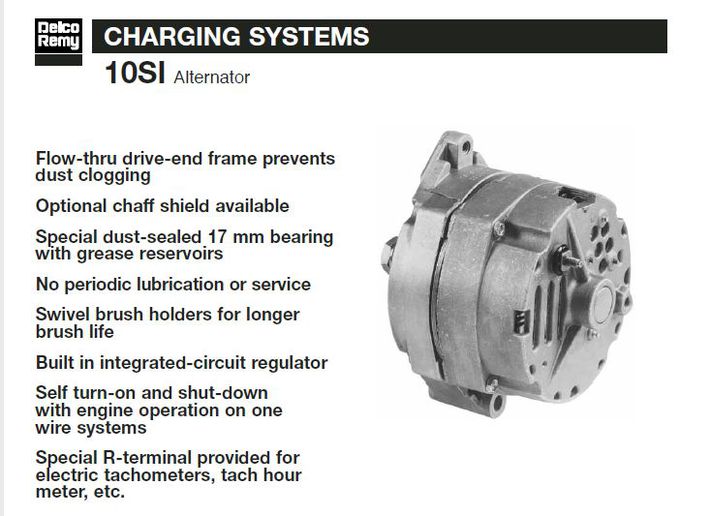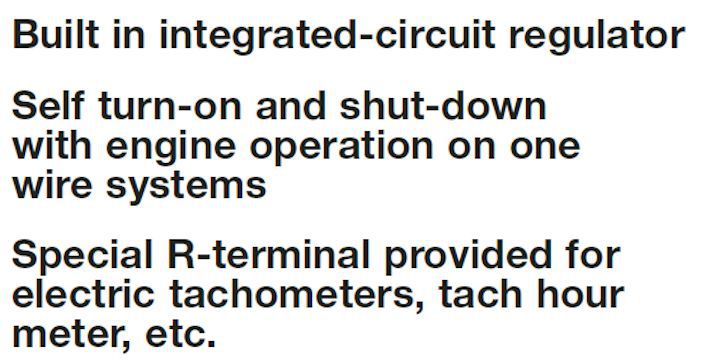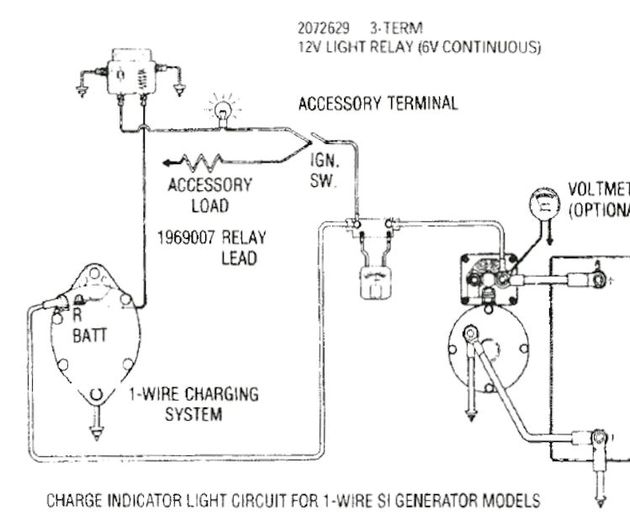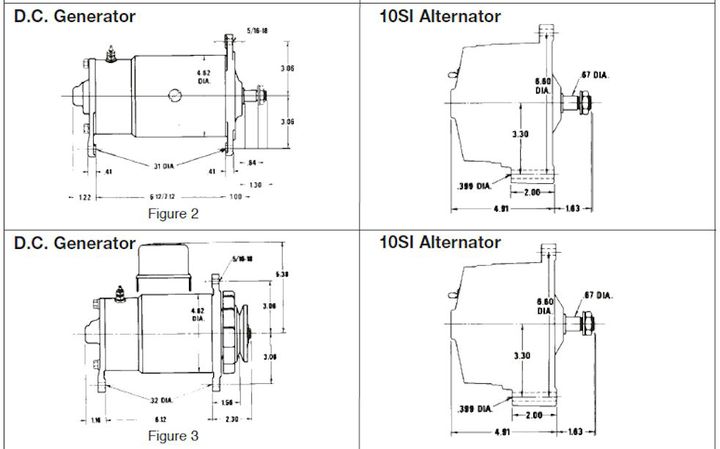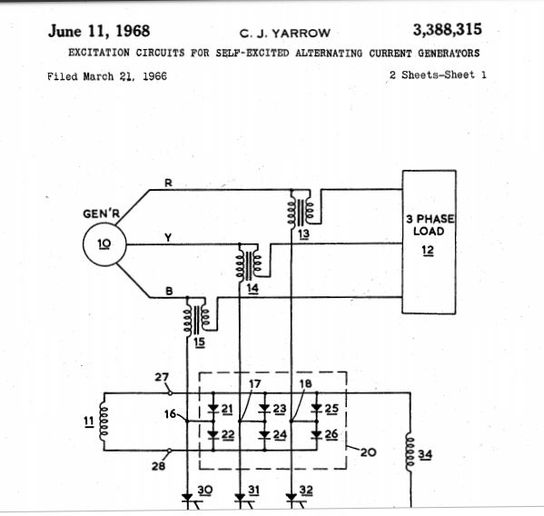[email protected]
New User
Hi All!
My Ferguson TO 35 has a Delco Remy alternator that only has one wire going from the positive lug on the alternator to the battery.
After looking online I'm having doubts that this is a one-wire alternator.
Please help! Is this a one-wire or a three-wire alternator?
The model number on the alternator is:
1102480 61A
6G19-12VNEG
very best regards,
William
My Ferguson TO 35 has a Delco Remy alternator that only has one wire going from the positive lug on the alternator to the battery.
After looking online I'm having doubts that this is a one-wire alternator.
Please help! Is this a one-wire or a three-wire alternator?
The model number on the alternator is:
1102480 61A
6G19-12VNEG
very best regards,
William


